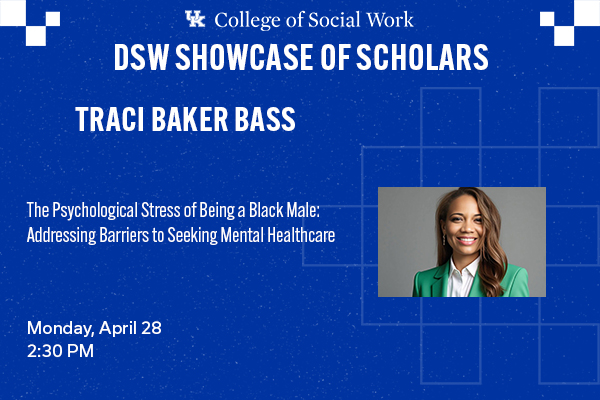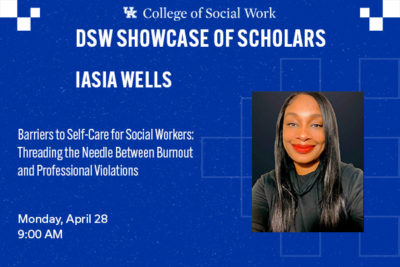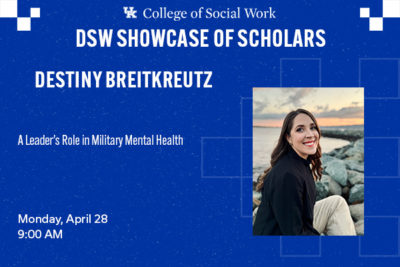DSW Candidate – Traci Baker Bass, 2:30 PM – 3:45 PM
$0.00
Virtual Showcase of DSW Scholars 2025 Event!
The Psychological Stress of Being a Black Male: Addressing Barriers to Seeking Mental Healthcare
DSW Candidate – Traci Baker Bass, LCSW
Monday, April 28, 2025
2:30 PM- 3:45 PM Eastern Time Zone
Credit Hours: 1.0
Description
The Psychological Stress of Being a Black Male: Addressing Barriers to Seeking Mental Healthcare
This presentation explores the psychological stress experienced by Black men and the systemic and cultural barriers that contribute to their reluctance to seek mental health care. The discussion highlights the critical role of cultural mistrust, stigma, and systemic racism in shaping Black men’s attitudes toward mental health services. Research indicates that Black men are disproportionately affected by psychological stress, trauma, and depression but are significantly less likely to engage in mental health treatment. This reluctance is influenced by historical mistrust of healthcare systems, lack of culturally responsive providers, and community-based stigma surrounding mental illness.
To address these barriers, the presentation introduces a community-based care model that leverages partnerships with churches, grassroots organizations, and universities to foster trust, psychoeducation, and peer support. Additionally, it explores the shortage of Black male mental health providers and presents a Community-Focused Mental Health Leadership Program (CMHLP) designed to increase Black male representation in the mental health workforce through mentorship, financial support, and leadership pathways.
By integrating Social Cognitive Theory and Intersectionality Theory, this framework recognizes the interplay of race, gender, and systemic oppression in mental health disparities. Through community engagement, culturally relevant interventions, and systemic change, this presentation offers an innovative approach to reducing stigma, building trust, and improving mental health outcomes for Black men. The findings provide insights for social workers, community leaders, and mental health practitioners committed to change.
Upon completion of this conference, participants will be able to:
- Learn how Social Cognitive Theory and Intersectionality can help to explain the reasons why Black men often choose not to seek mental health services and how these theories support culturally responsive interventions.
- Gain insight into the role of community-based partnerships, including partnerships with churches, universities, and grassroots organizations, in promoting mental health awareness and reducing stigma to encourage Black men to seek mental health treatment.
- Learn about initiatives such as the Community-Focused Mental Health Leadership Program and how increasing the number of Black male representation in the mental health workforce can improve access and outcomes.
Delivery Method: Live Interactive Training via Zoom Video Conferencing
Credit Hours: 1.0 (ACE)
Target Audience: This conference is intended for social workers and students.
Accreditation: University of Kentucky College of Social Work, Provider # 1377, is approved as an ACE provider to offer social work continuing education by the Association of Social Work Boards (ASWB) Approved Continuing Education (ACE) program. Regulatory boards are the final authority on courses accepted for continuing education credit. ACE provider approval period: 9/29/22-9/29/25. Social workers participating in this conference will receive up to 15 general continuing education credits.
Claiming CE Credit: Instructions for claiming CE credit will be disseminated at the beginning of each session.
Questions: If you have any questions regarding CE credit or to report a grievance, please contact Christina Krantz at Christina.Krantz@uky.edu. For technical assistance, please contact lmshelp@uky.edu.
Disclaimer: The views and opinions expressed in these presentations are those of the individual presenters and do not necessarily reflect the official policies or positions of the University of Kentucky or the College of Social Work. The inclusion of any topics, perspectives, or discussions is intended for academic engagement and does not constitute endorsement by the institution.



